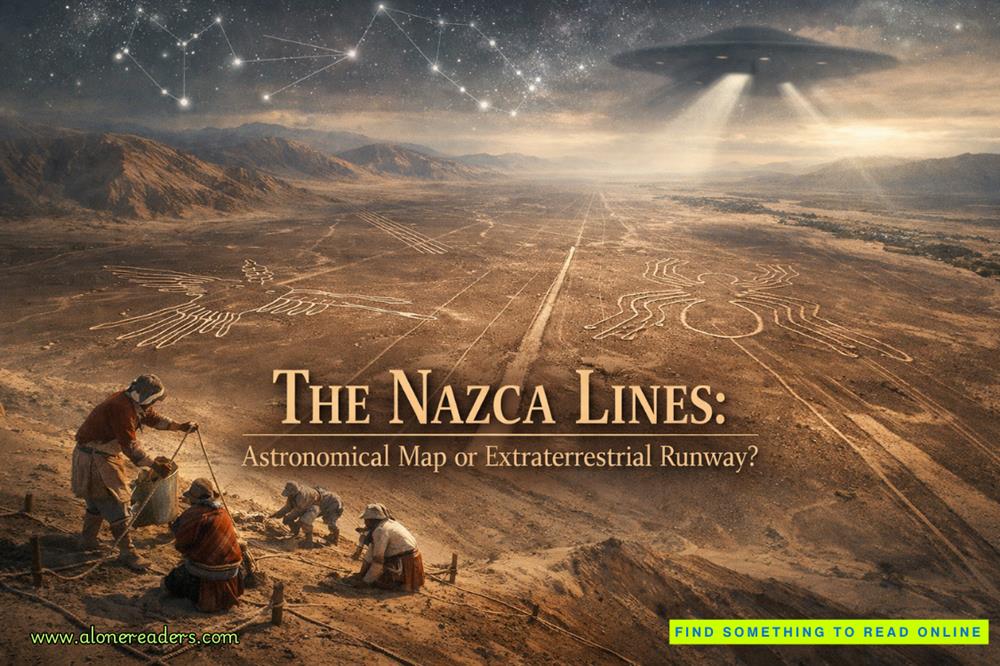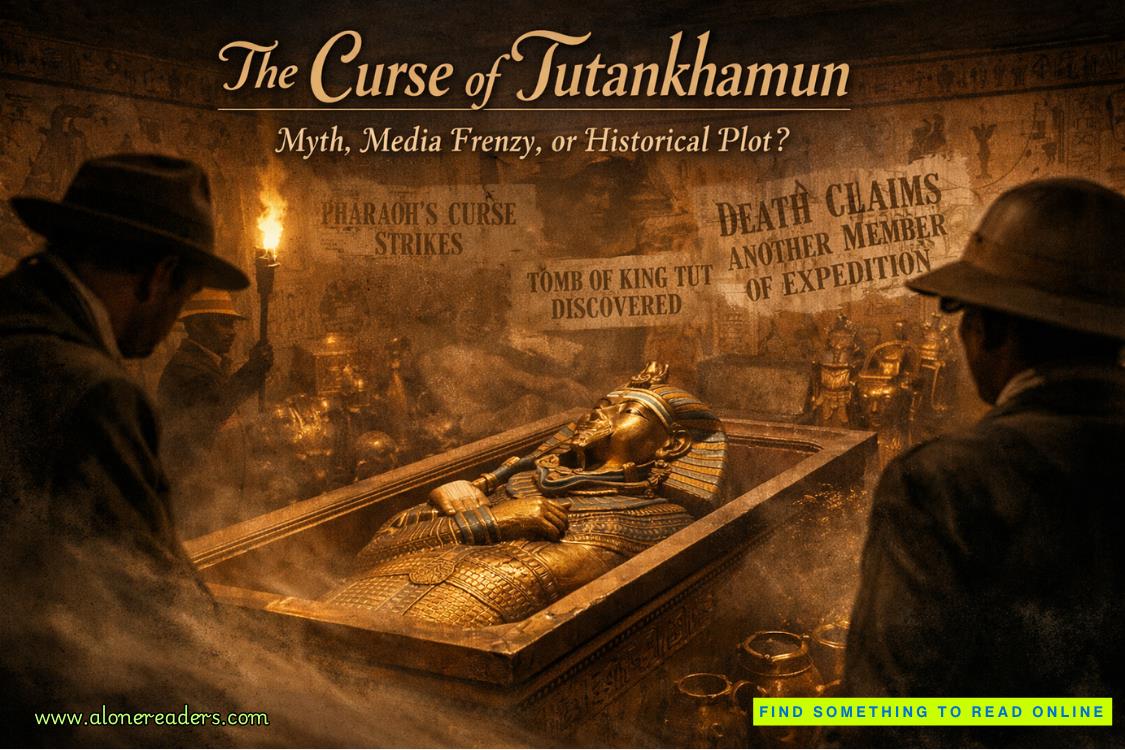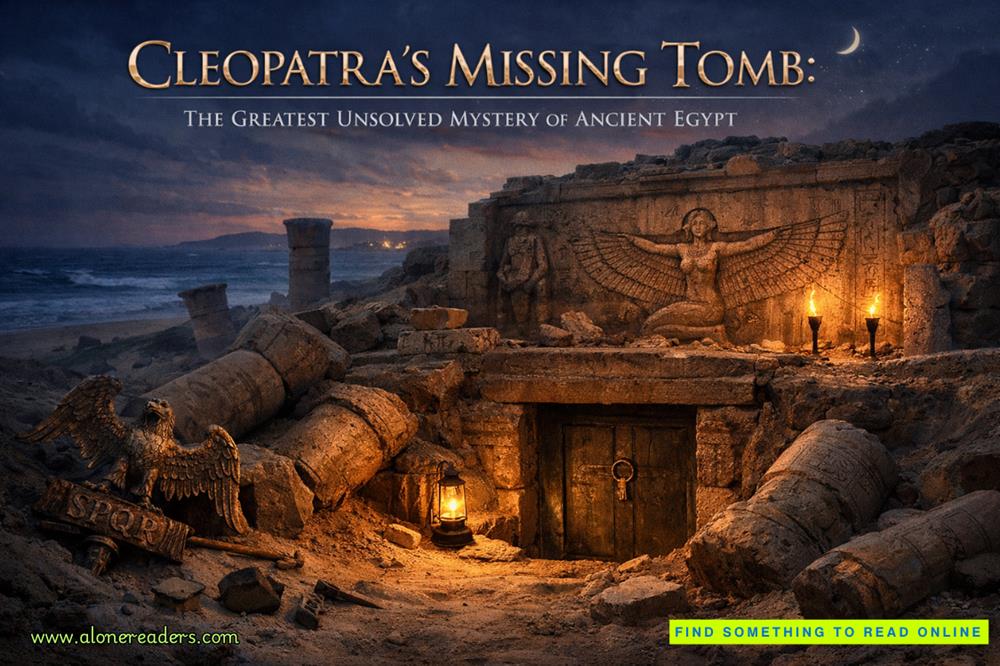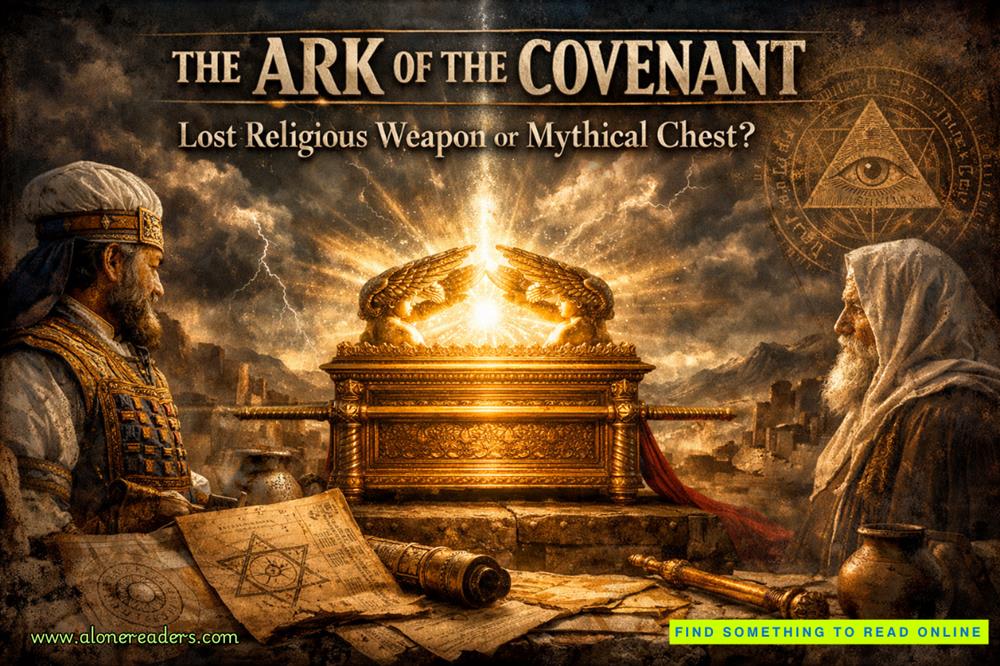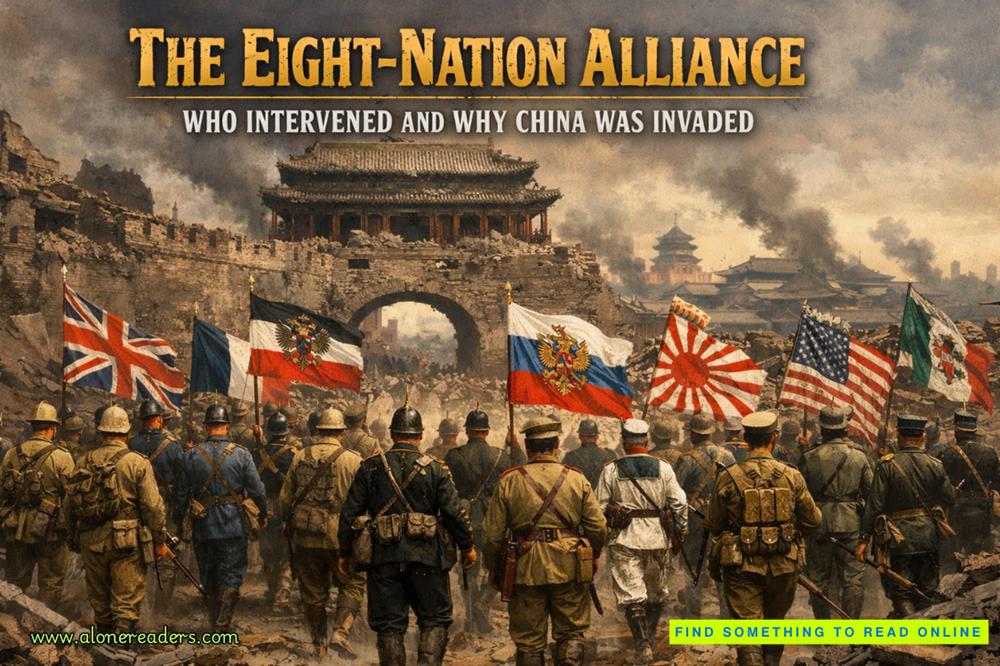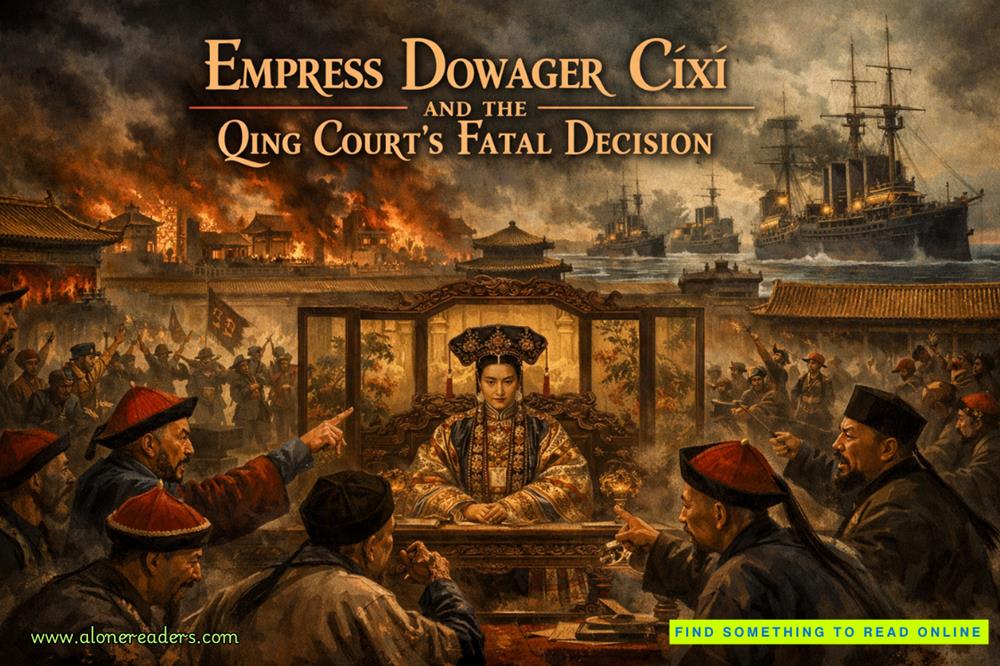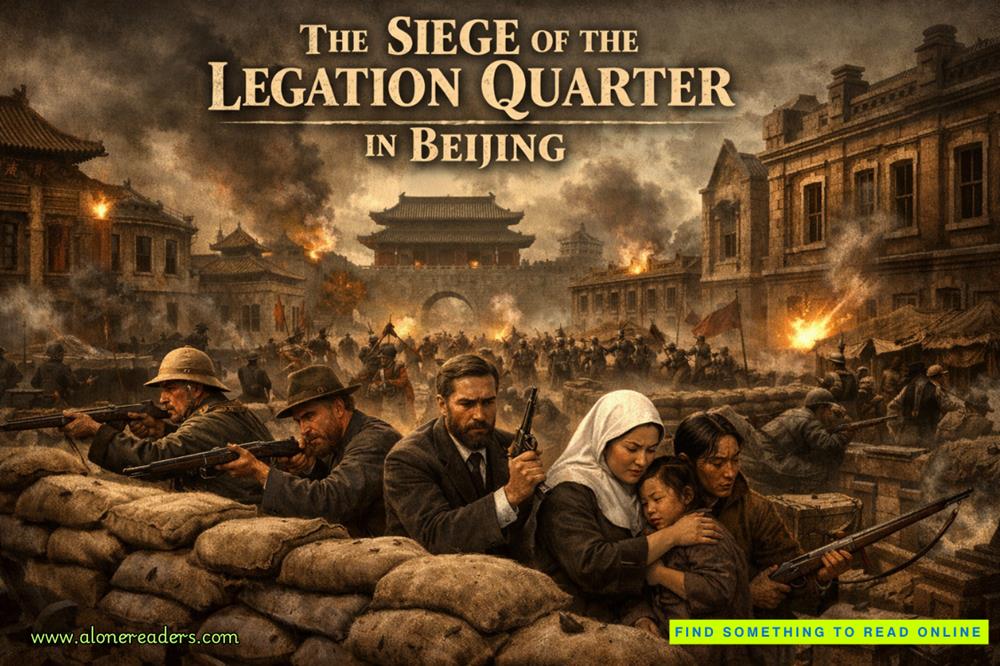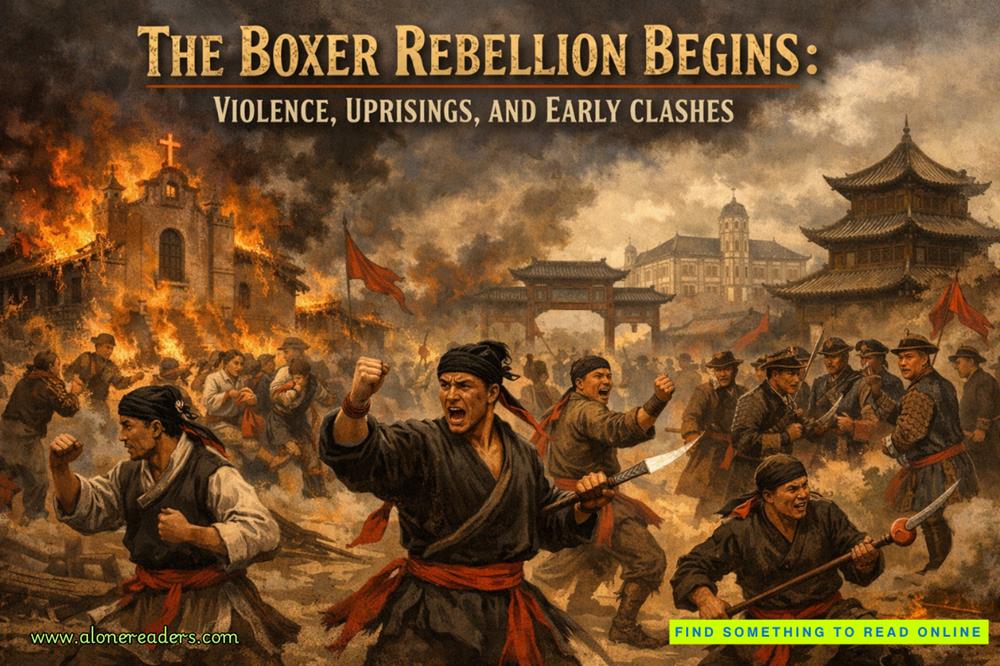I shook my head.
“Alternate reality game. It’s a kind of game in which the player interacts with the real world. I design them. The way these work is by giving the player just enough clues so that they can connect the dots themselves. See, if someone tells you a piece of information, you often reject it out of hand. We believe what webelieve, and we search for evidence that supports those beliefs. Because of confirmation bias.”
“What are you talking about?”
“This,” he said, motioning around him. “All this. This was how I got you here.”
“Why not just tell me?”
“You never would have believed it. The truth is too fantastical to believe. So I had to induce you to piece the information together and figure it out yourself. There is a biological explanation for this. You should know this better than anyone. When you think you’ve figured something out, something secret that no one else knows, you get an exhilarating rush of endorphins and other neuropeptides that make you feel good. That good feeling then helps your brain believe your body, so you double down on what you think you’ve discovered. You think you are seeing through an illusion to the incontrovertible truth. In reality, you’re being tricked by your own biology. This is why so many people end up believing in conspiracy theories.” He smiled. “But in this case, the conspiracy just happens to be real.”
So there was a reason this had all felt like a video game to me. Essentially it had been. Everything had been Finn—the grave in the woods, the doll, the puzzles and clues, the anagrams. It had all been him. He had told me point-blank that his field was game theory. And here I had been going along with it, following along in his game while he looked on like a puppet master.
“This was all you? You did this to me?”
He nodded. “Yes, and you were remarkably slow about the whole thing. That very first night you were supposed to see the flashing light, find the grave, dig it up, and be on to the next clue. You weren’t supposed to take days to find it, and then youweren’t supposed to tell anyone what you’d found. How were we supposed to react to a grave in the woods? We had no idea what to say. The problem is that the sequence was designed for Isabelle to complete in about a day. But you weren’t Isabelle.”
I tried to clear away the haze that still obscured my consciousness. “Okay, so now I know who I am, but I’m not sure where that gets me. The person I was, I think she might have been doing something bad. I read through the Project Bluebird notes. Finn, was I brainwashing people?” I asked, my heart recoiling with fear at the answer.
His brow creased as he ran a hand through his hair. “Okay, let me try to explain this. In the scientific community, the study of memory creation has always been given priority over that of memory loss. The science behind how we forget has been almost completely untouched aside from the research you and Charles were doing. This is starting to change now, but it’s going to take the others years to catch up to the work you two did.”
“What did we do?”
“When you form a new memory—like, say you go to a funeral—that memory is then stored in the hippocampus. And it gets reinforced the more you think about it. Every time you think about it and remember the details of that funeral, all that gets encoded. You replay it in your mind and that causes the memory to be further encoded. It gets stored in the hippocampus and then the cortex. This is how memories are made, but how are theyunmade?”
“I have no idea.”
“We used to think that forgetting was just the breakdown of memory, but it’s actually an active biological process of its own, and you and Charles and your whole team, you figured out how to exploit that process.”
“Why would forgetting be a natural biological process?”
“Think about it. It makes sense. Our brain wants to forget traumatic experiences. Like, learn from them, but not necessarily keep them as memories. Women who have given birth often report that they forget the pain of the experience almost immediately. Because it’s advantageous to the species that they do so.”
“Wouldn’t it be more advantageous just to make childbirth not hurt?”
“That’s beside the point. This is a perfect example of how forgetting is an active process that serves the organism. On the flip side, you have PTSD, which is a pathological process where the process of forgetting malfunctions.”
I closed my eyes momentarily, trying to take it all in. “We figured out a way to exploit this natural process.”
“Exploitis the wrong word,” he said. “Manipulateis probably more accurate.”
“So we figured out how to destroy a memory, but how did I create new ones?”
“I have no idea. You and Charles were in a world all your own. Your research was so prized by the institution that you communicated directly with the higher-ups. You had special privileges, and we were left in the dark about the details. I’m pretty sure that you altered the device to suit your needs. Whatever enhancements you made to it, though, I have no idea.”
“Okay,” I said, rubbing my temples to ease my incipient headache. As I began to think more clearly, fatigue and stress seemed to settle into my flesh, as if the transition back to my cognitive self was too taxing for my physical form. “It seems to me like the key to all this is in whatever we did to alter that device, the hippocampal prosthesis. How did we alter it? What did we use?”
He gave me a broad smile. “I think you’d better come with me.”
4.4ASTRAL PLANES AND SHAMANIC JOURNEYS
[Historian of religion Mircea] Eliade… identified similarities in the practices and concepts of shamans the world over. Wherever these “technicians of ecstasy” operate, they specialize in a trance during which their “soul is believed to leave their body and ascend to the sky or descend to the underworld. They all speak a secret language” which they learn directly from the spirits.
—JEREMYNARBY,PHD, ANTHROPOLOGIST
Finn led me through the giant hall and around the corner to an elevator.
“Where are we going?”




